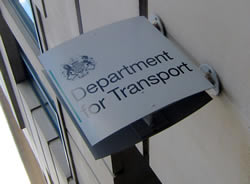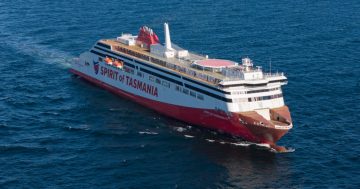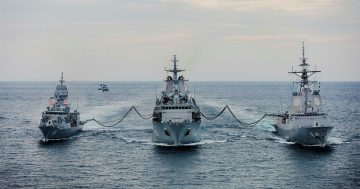UNITED KINGDOM
 The United Kingdom’s National Audit Office (NAO) says the Department for Transport (DFT) was warned that awarding a contract to Seaborne Freight to run extra ferry services in the event of a no-deal on Britain leaving the European Union carried “significant risks”.
The United Kingdom’s National Audit Office (NAO) says the Department for Transport (DFT) was warned that awarding a contract to Seaborne Freight to run extra ferry services in the event of a no-deal on Britain leaving the European Union carried “significant risks”.
The DFT later scrapped the contract after Seaborne’s main financial backer pulled out.
A review by the NAO showed that the Department received only three bids for the ferry contracts, and that two out of the three operators that won contracts did not meet the Department’s own criteria for bids.
Engineering consultancy, Mott MacDonald flagged “significant execution risks” in its assessment of Seaborne Freight’s bid for the contract last year, the NAO said.
The consultancy was commissioned to provide “comfort to the Department” that operators had the required technical capacity to run additional ferry services.
However, it was revealed that Seaborne Freight actually owned no ships — a fact that prompted widespread derision of the procurement process.
Despite these findings, Seaborne was handed a contract in December worth £13.8 million ($A25 million) to run ferry services from the port of Ramsgate to transport goods in the event of a no deal exit from the EU (Brexit).
Brittany Ferries and DFDS, which won contracts worth a total of £89 million ($A161.6 million) both passed the technical assessment.
The NAO report noted the limited choice facing the Department when awarding the contracts. Having used emergency powers to skip an open tender process, DFT had expected enough companies would come forward to transport the equivalent of 25 per cent of the goods usually shipped across the English Channel. Its final contracts accounted for only 11 per cent.
When the procurement process closed in December, little more than three months before the UK was set to leave the EU, the Department was left with few options, the NAO report showed.
By this point, the Government had estimated that in a worst-case scenario, the normal flow of goods across the Channel could be reduced by up to 87 per cent.
A DFT spokesperson said no money had been paid to Seaborne Freight and that “as the NAO has made clear, the Department for Transport acted transparently and competitively throughout the process of securing extra freight”.
London, 13 February, 2019










